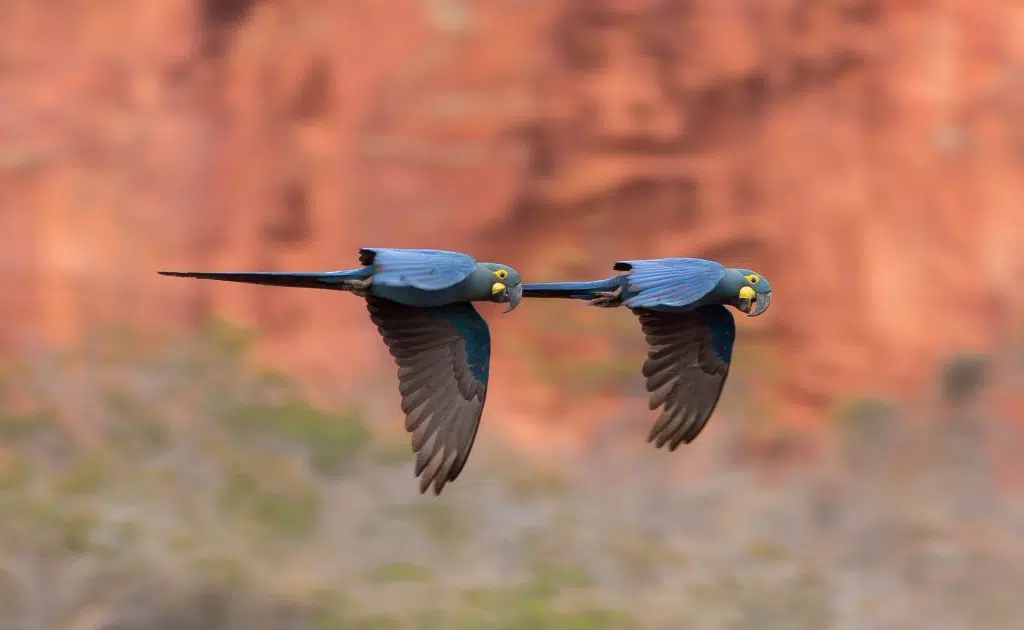
(Did you miss Part I?)
Limping gingerly through Canche, a place with apparently no wheeled vehicles larger than wheelbarrows, we came to a bar at the far edge of town. There were three pickup trucks parked at odd angles in front of the place. Our driver pointed out excitedly that one of them had tires just the size we needed. “Graças a deus,” I thought to myself as I asked the group to wait a moment and I went in to find the owner of that last-chance pickup. The sun was still about 30 degrees above the horizon, and it took my eyes a minute to adjust to the hot, dark interior of the bar. Waving flies out of my face but not the smell of drying cachaça (Brazilian aguardiente) from my nose, I asked loudly (“polite” would not be appropriate in this setting), “Opa! Quem é o dono daquele pickapy verde?” (“Hey! Whose is that green pickup out there?”). Faces stayed down on tables, not a sign of life in the joint. I gave three loud claps and repeated the question. A head came up and a red-eyed, scraggly-bearded guy about 30 or 50 said, “Quem quer saber?” (“Who wants to know?”). Time to get a little more polite. I said that I was passing through town and needed to buy his spare tire, and could we go look at it. He slumped back down and said he didn’t have a spare. I said no matter, any tire in decent shape would do. He thought about that for a minute, then raised up to exclaim in no uncertain terms, “Look, dumb___, I DO NOT HAVE A SPARE!” Time to get quite polite. I sat down and introduced myself to this deeply drunken man, explaining that I had a group of innocent and aged tourists out there needing to make it to Jeremoabo in the worst way (nothing about the macaw to muddy the picture; apologies to all of you who were there with me that day). He was unimpressed, and reiterated that there was not a thing he could do about it.
All tour leaders the world over will now chime in in agreement that there is indeed one thing that will resolve an issue such as this one (as well as almost anything else of material worth): money. I offered him the equivalent of about $60 for the tire of my choice. Unbelieving, I guess, he looked at me for a long, cross-eyed moment as he processed this new information, and grinned as he stood up. We walked (staggered, more like it) out into the blinding sunlight. Leaning on the truck, he paused (I feared he was going to hurl) then raised his arms silently as if to say, “Go ahead, she’s yours, just take it!” Our driver had the best tire off that truck and on to our van (bad tire already off) in a flash. We left the pickup on a block of wood and I shook hands with the guy as I gave him his money. He expressed no apprehension at having so handcuffed himself to that bar; his world hadn’t changed significantly (yet). I thought to myself that I envied him being able to do that, to just let things play out as they would “amanhã” (mañana). And I entertained the idea that he might be one heckuva nice guy even as it occurred to me that he had very few brain cells firing forward.
But forward, onward, it was for us. With renewed but not replenished confidence, we continued our eastward way from Canche. The sun was getting low as we pulled up to the reliable feeding area of Lear’s Macaws that I had come to know over the past several years. I’d prepared folks for the possibility that we were too late that day, that we might well have to take tomorrow morning to retrace a long section of bad road from Jeremoabo to have a chance at finding the macaws. Our ears were ringing from the pummeling of that relentlessly rocky road. We walked into a dry, yellow pasture studded with low licuri palms, the favored food plant of the macaws. Several long minutes elapsed. A Burrowing Owl gazed lazily in our direction. We scanned the palms and tall shade trees for dark, long-tailed shapes within…then it happened. First calls of distant birds, then Tom picked up a pair flying through a gap in the trees. Minutes later, we had the scopes on several brilliant Lear’s Macaws as they preened in treetops and flew around calling loudly just before departing the feeding area for the distant cliffs of Raso da Catarina. We’d made it!! The day was an overwhelming success despite a heavy dose of frustration along the way — but isn’t that so often the way on a birding trip? Just when you fear all is lost, the best pulls through and what was a desperate mess becomes a good story.
Now, I wish that were the end of the story for that day. But we had 50 km of nasty road between us and our simple little hotel in Jeremoabo and, all agreed, little chance of making it on the rubber we had. We optimistically resolved to take it really slowly and just “think light.” But only about 10 km along the way, we lost another tire which sent us from orange to red alert (despite the world being a lot more peaceful place back then). As our tour itinerary says to this day, “…if the tire and radiator gods are with us, we will see Lear’s Macaw, not a moment too soon.” Well, the gods fortunately were with us, though working in mysterious ways, and we did make it to the hotel for a good, home-cooked dinner washed down with lots of cold beer. We toasted the Lear’s Macaws heartily that night, “Long may they live!” And I quietly toasted the drunk in Canche, as I have done a number of times since.
O Fim (The End)
————————
A couple of notes
(1) The road through Uauá and Canudos is in much better shape these days, and our huge (Greyhound-sized), comfortable bus lets the miles slide by painlessly. Yes, some things do improve over the years!
(2) You Spanish-speakers out there are no doubt raising an eyebrow (“borracho” meaning “drunk”), but rest assured that this is merely the equivalent of a vulcanizadora, a tire-repair shop (“borracha” in Portuguese is “rubber”).
If you’re pondering a Lear’s Macaw in your future,
see our Northeast Brazil: Long Live the Lear’s page.


Great story, Bret. And quite believable given that we did that route again this January (2009) in a mini-bus that took the rough road in stride (no tire blow-outs, thank goodness). The villages along the way are still small and the hours long. But, boy, those Lear’s Macaws were spectacular in the afternoon light!
The other flat tire trip with Bret I remember was to Colombia…
Hey you two, and dear Marcy! Thanks for reading and writing — ’twas fun to relive it, David!